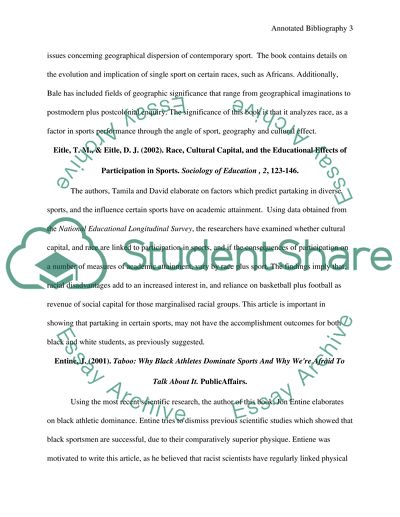Cite this document
(“Race as a factor in Sports Performance Term Paper”, n.d.)
Retrieved from https://studentshare.org/sociology/1395371-race-as-a-factor-in-sports-performance
Retrieved from https://studentshare.org/sociology/1395371-race-as-a-factor-in-sports-performance
(Race As a Factor in Sports Performance Term Paper)
https://studentshare.org/sociology/1395371-race-as-a-factor-in-sports-performance.
https://studentshare.org/sociology/1395371-race-as-a-factor-in-sports-performance.
“Race As a Factor in Sports Performance Term Paper”, n.d. https://studentshare.org/sociology/1395371-race-as-a-factor-in-sports-performance.


